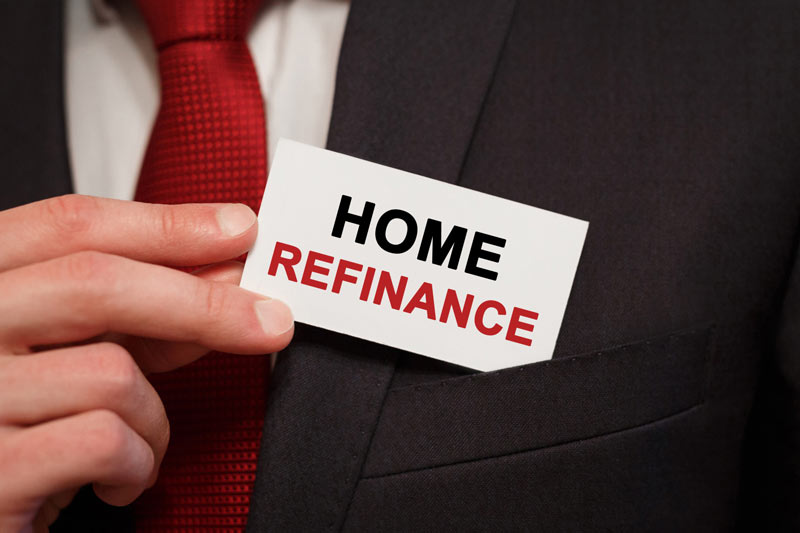
Are you struggling to get by each month? Do you find that you have more bills than you have money?
If so, you aren’t alone. Over half of Americans are in your shoes, living paycheck to paycheck. However, although misery loves company, this information doesn’t necessarily help you.
Don’t despair because there are solutions out there for people like you. You don’t have to continue struggling financially. Have you considered a debt consolidation mortgage refinance?
If you’ve spent years paying off your mortgage and building equity in your home, you can use that money to consolidate your debt. Is this the right move for you?
Only you can answer that question. However, we can provide a little insight. Keep reading for the top reasons you should refinance your mortgage to pay off debt.
Reduce Your Monthly Expenses
First, a debt consolidation mortgage refinance can help you keep your head above water. Over time, as we accrue more debts, we also accrue more payments.
While they don’t seem substantial at the time, $125 here and $200 there can really add up. Eventually, you’re left with thousands of dollars of collective debt payments.
When you refinance your mortgage to pay off debt, your new mortgage consumes these collective debts. Of course, that money doesn’t magically disappear, but it is consolidated into a single, lower, more manageable payment.
Get Rid of High-Interest Debt
As we just explained, a debt consolidation mortgage refinance will reduce your total monthly payments, which can significantly improve your financial situation. Just as importantly, it can save you money in the long run.
Many of the debts we accrue, like credit card debt and personal loans, come with high interest rates. These high-interest debts add hundreds, if not thousands of dollars, to our overall debt amount over time.
For example, a 5-year loan of $5,000 with a 20% interest rate will cost you almost $8,000 when all is said and done. Most people have much more money sitting on credit cards with even higher interest rates.
By consolidating this debt under a new mortgage, you can limit how big of a hit you’re taking on interest. Most mortgage rates fall between 2% and 5%, which is profoundly better than the average credit card interest rate of almost 16%.
Drastically Improve Your Credit Score
Finally, you can use a debt consolidation mortgage refinance to improve your credit score. While you’ll need to have a decent credit score to secure a refinance, it’s easy enough to get qualified.
Once you refinance your mortgage and pay off debt, your credit report will be altered in a positive way. You’ll have fewer total debts and few lenders whom you owe.
Furthermore, your reduced monthly payments will increase your positive cash flow, improving your debt-to-income ratio. According to the three credit bureaus, paying off the balance of maxed-out credit cards is also a drastic improvement.
However, don’t cancel your cards. Having the available but unused credit in your name will further increase your credit rating. If you are afraid of being tempted by the available funds, cut up your cards, but don’t cancel them.
Are You Interested in a Debt Consolidation Mortgage Refinance?
Whether you’re looking to get a debt consolidation mortgage refinance or cash-out refinance, we think it can significantly improve your financial situation. Just make sure you use the positive equity of your home wisely.
You can check out your options for mortgage refinance loans here. And if you need more information or guidance, look through the rest of our blog. We have tons of content created to help people like you understand their options.
At 7th Level Mortgage, we are an experienced team of mortgage professionals based out of New Jersey and serving the east coast from Pennsylvania to Florida, including Delaware and Maryland. We have won numerous awards for our excellent professional work and reputation with clients for being extremely diligent, accessible, and hands-on throughout the entire mortgage process.
